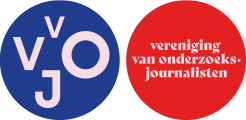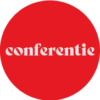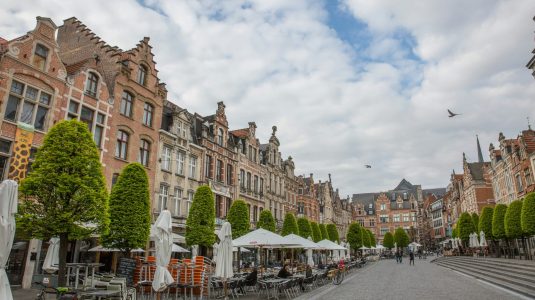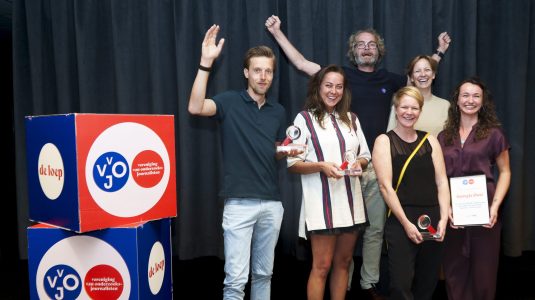Part 1: A Method Through the Madness: How hypotheses frame and sell your story (Mark Hunter)
Investigation has a dirty name with editors, who think it’s about slowly rummaging through piles of garbage till you find (or don’t find) a jewel. Too often, they’re right. This session will show you how to choose a subject and define your investigation as a story from the start, using hypotheses. The method helps you figure out what to look for, how to look for it and how to sell it to your boss and the public. We then focus on open and closed sources, and how to arrange them into an initial research strategy.
Part 2: The Hidden Scenario: Using timelines and characters to advance your story (Luuk Sengers)
In this session, we hypothesise and map the plot of a story – a sequence of events that must have occurred, which we can subsequently verify and enrich. Simultaneously, we create a source map – a guide to the characters whose actions and conflicts define the content and meaning of the story. These characters lead to more sources, and those sources lead to more characters. We will also show a Masterfile: an electronic document in which you collect the results of your investigation, starting with a hypothesis and ending with source material.
Part 3: Writing an Investigation: The Last (and First) Hurdle (Mark Hunter/Luuk Sengers)
This session shows you how to compose a story that hits hard and fast, and builds to a powerful end. The core of this method is continuous composition and referencing, an approach that saves time and anguish for you and your colleagues. We will consider narrative structures and how to build them from a chronology or spatial sequence, as well as techniques to add picturesque and suspense to your stories.
